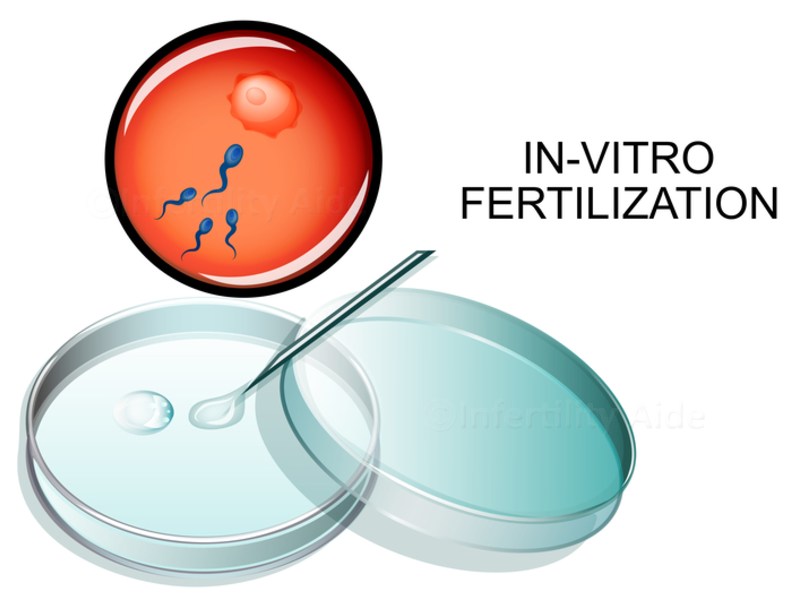Why couples should seek knowledge about IVF—Fertility expert
A fertility expert and Chief Executive Officer of Nordica Fertility Centre, Dr Abayomi Ajayi , has advised Nigerians to acquire basic knowledge about In Vitro Fertilisation (IVF) before going for the procedure. He said doing so will go a long way in saving them from anxiety, costs and unrealistic expectations. IVF is a form of fertility […]

Vitro Fertilisation (IVF)
A fertility expert and Chief Executive Officer of Nordica Fertility Centre, Dr Abayomi Ajayi , has advised Nigerians to acquire basic knowledge about In Vitro Fertilisation (IVF) before going for the procedure.
He said doing so will go a long way in saving them from anxiety, costs and unrealistic expectations.
IVF is a form of fertility treatment in which fertilisation is done outside the body. It involves retrieving eggs from a woman’s ovaries and fertilising them with a man’s sperm. The fertilised egg called embryo is then transferred back to the woman’s uterus or frozen for storage.
Speaking during an interview with our correspondent, he said, “ Like when you talk about the IVF success rate of 30-40 percent; people would scream; ‘Are you kidding me?’ But what I ask them is, what are you comparing it with? Because what happens in IVF is what happens in the body.”
He said a woman’s chance of conceiving in one cycle, no matter how young she is, is about 25-30 percent, adding that, “So IVF is better than what nature can offer.”
He said, “When you come for IVF, you’re now paying for treatment. Apart from the anxiety involved which might also be more than the money people pay, the emotional toll that it takes might make you not commit your money to it. So I think there is a lot of work going on to make IVF success rate higher than what it is now.
“But we must understand some basic things which I take time to explain to couples. In some cases, couples take their success rate around.
“Your success rate might be different from another person’s based on your age, for instance, or what is causing you not to have babies. Some people don’t take that into cognisance.
“All they want is the baby, not minding the process. If you have endometriosis, for instance, where is the baby going to come from? That is why educating the public is so important.
“People think IVF is the last resort when everything fails. Most times, the woman is in her late 30s or 40s which lowers success rate. So if you have information from the outset, it helps. So it is better for such people to start early enough in order to be able to get a good success rate.”
He said the commonest myth among the public is that IVF babies might not be normal.
“They started to call them test tube babies. They wonder how a baby from a tube can be normal. They think these babies might not be normal,” he said.
He said that over eight million babies have been born from IVF all over the whole world and abnormality has been observed with them. And 60 percent of infertility is either caused by the man or the man is contributory to it.
He said some factors responsible for infertility in men include life-style factors and the environment.
“There are a lot of things happening to men; some of which they bring upon themselves by the decisions they make. Consumption of alcohol, tobacco, weed and other dangerous substances affects sperm count. Factors such as placement of laptop and phone on sensitive parts of the body result in infertility. Laborious jobs such as ‘Okada’ driving, truck driving, working at the petroleum station, and the paints industry also affect fertility. These are global issues though,” he added.
